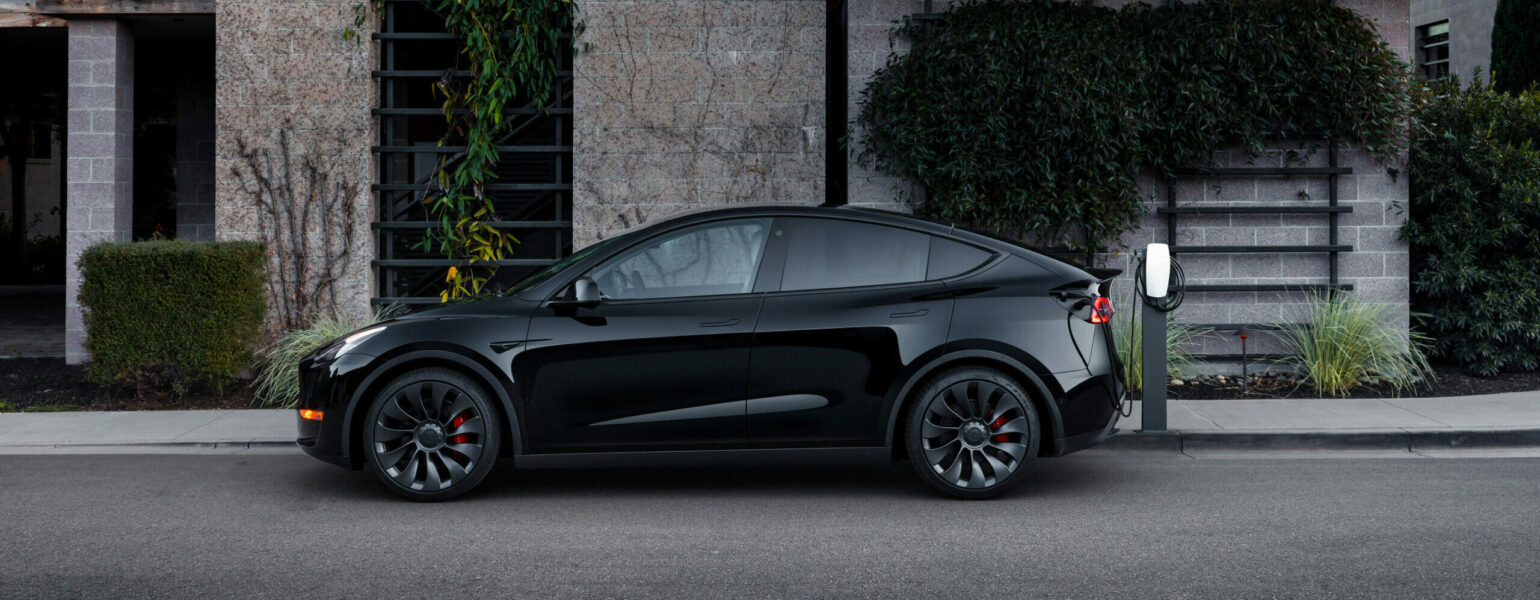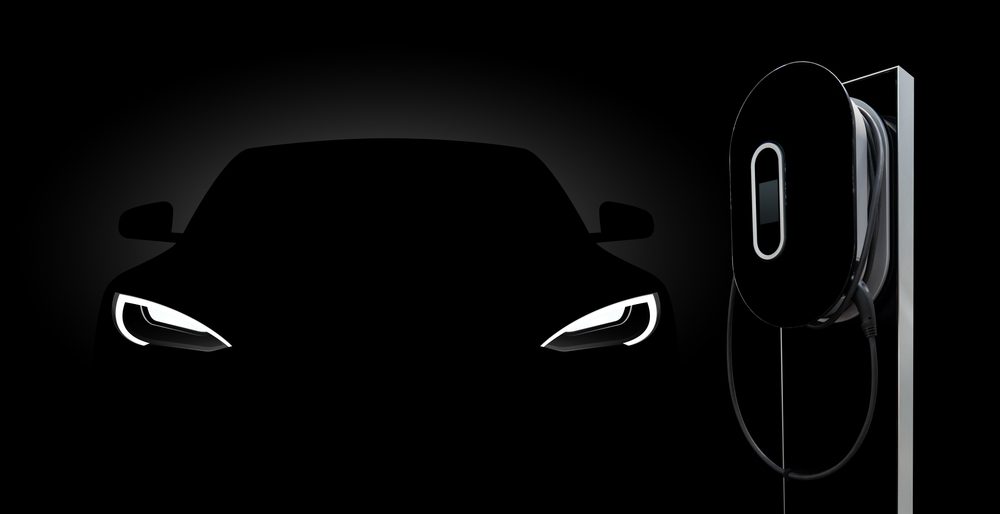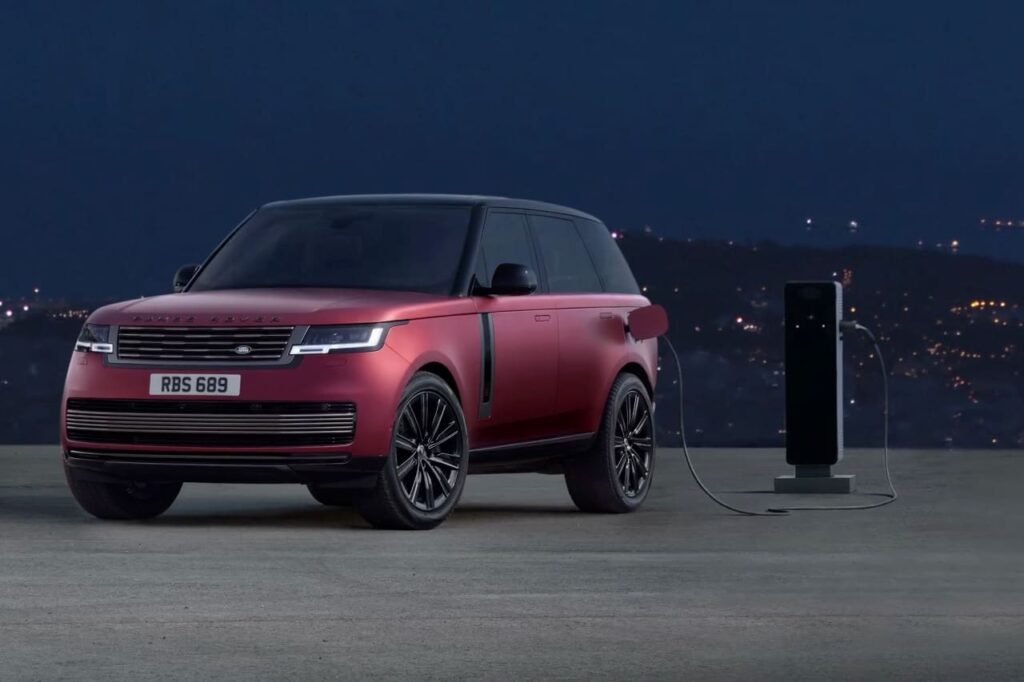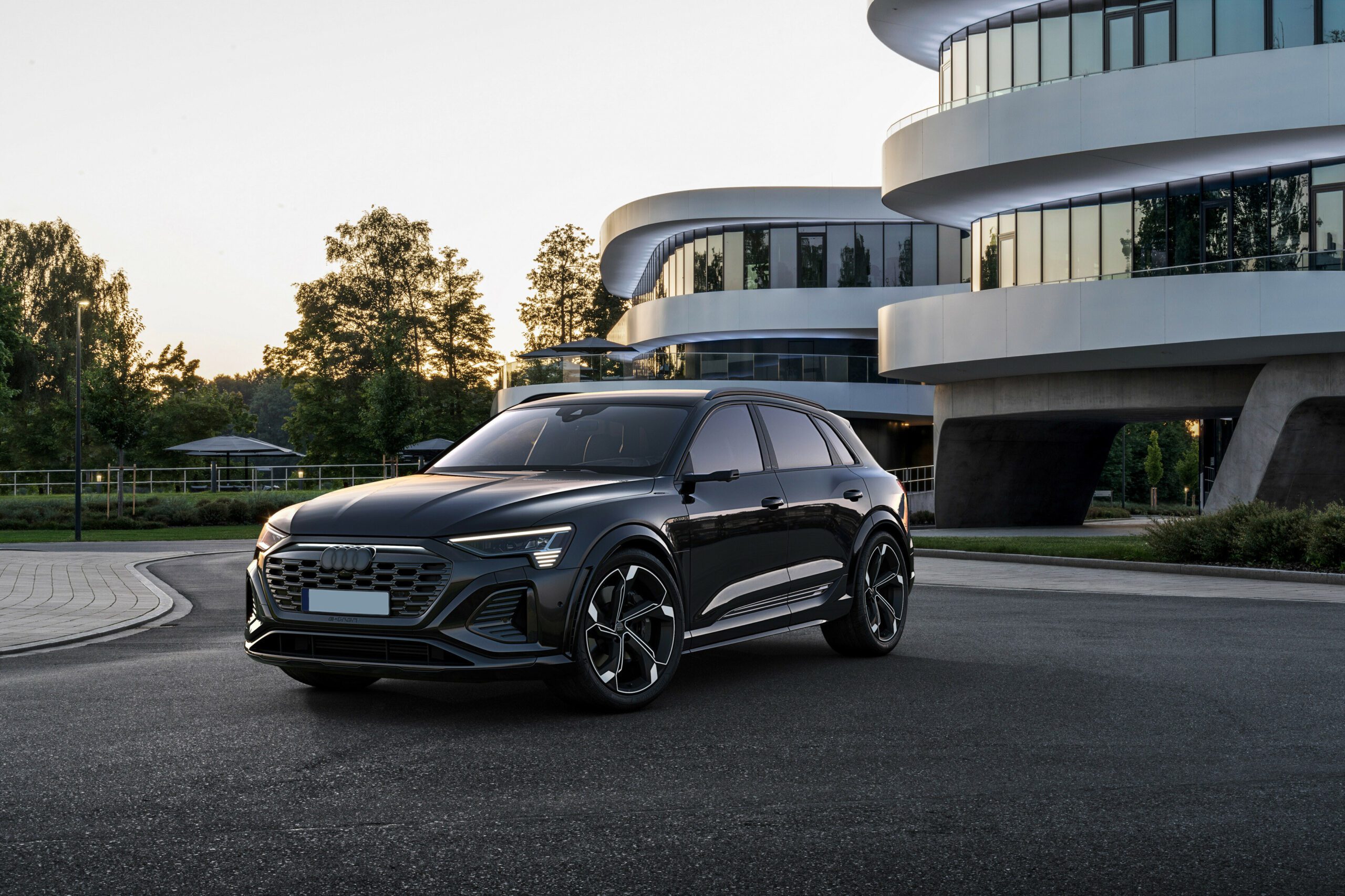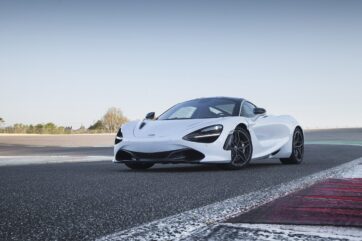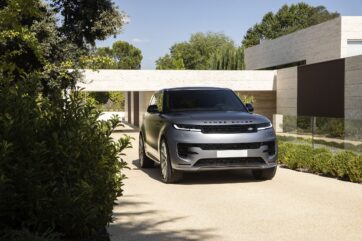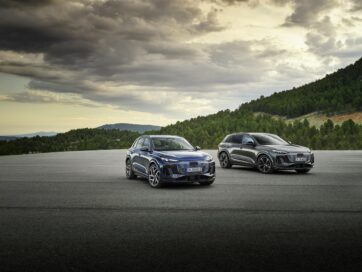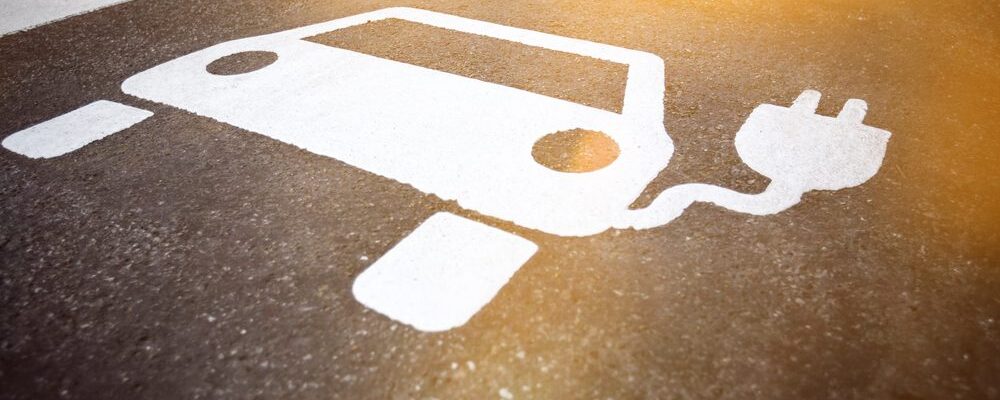
What Is Happening With The Electric Vehicle Market?
Whilst the postponement of the combustion engine ban from 2030 to 2035 may have allowed more time for those reluctant to make the switch to EV motoring, the Zero Emission Vehicle (ZEV) Mandate has meant that it could actually have the opposite effect. Strict deadlines increasing each year for the percentage of new car sales that are required to be electric vehicles has meant that it is likely to mean price competitiveness amongst new electric car purchases.
With electric car prices being considerably more expensive than their combustion engine equivalents, this potential price competitiveness will hopefully mean that more people will be able to consider an EV as an option. This will also be helped by the increase in Chinese manufacturers offering their products at more competitive prices than the current established brands in the UK.
What Happened In 2023?
The number of new car sales that were fully electric rose by 18% in the past 12 months, at just under 315,000 vehicles, however the market share actually fell from 16.6% in 2022 to 16.5% over the past year. Whilst business customers purchasing EV’s remains strong thanks to the tax benefits it offers over combustion engine cars, private buyers remain a small percentage of the total. Private purchasers of combustion engine cars account for roughly one in every 2 new car sales, whereas with EV’s it is just 1 in 5.
According to consumer research conducted by car marketplace Auto Trader in May 2023, private buyers are put off by the higher price of new electric vehicles, they are an average of 36% more expensive, and the fact that almost half of consumers believe the charging network is nowhere near as prolific or reliable as it should be. Not only that but the fact the government pushed back the combustion engine ban date by a further 5 years has merely confused the matter even further.
What Is Causing The Flatline?
The main advantage of owning an electric car used to be that they were considerably cheaper than a combustion engine vehicle day to day, but since the rise in everything from electricity prices to insurance costs, the actual difference in running costs are closer than they have ever been. Depending on how and where you choose to charge your electric car it can actually be more expensive to run, especially if you do not have the ability to charge your car at home.
Not only that, but the post-Covid demand that outweighed the supply of new electric vehicles has turned around, causing many EV manufacturers to reduce their prices in order to boost sales. This in turn had a big impact in the values of used EV car prices and made purchasing a pre-owned vehicle a more tempting and much cheaper prospect.
How Does The EV Market Compare To The Combustion Market?
As well as the prices of new electric vehicles being reduced by the manufacturers, the discounts being available at the dealerships rose considerably throughout 2023. Average combustion engine vehicle discounts began the year at 6.4% and rose to 7.7% by December 2023, whilst brand new EV discounts in January stood at 4.8% and by December last year was an average of 10.6%. A considerable saving on the list price of a new electric vehicle, however it still isn’t enough in most cases to offset the higher price of EV models compared to their combustion engine equivalents.
Models such as a brand new Audi Q8 may only have a 3% difference between the combustion and the EV variations, however a BMW iX3 is 10% more expensive than an X3, a Jaguar I-Pace is 33% more expensive than an equivalent F-Pace, a Hyundai IONIQ 5 is over 50% more expensive than a Tucson and the Fiat 500e is an unbelievable 78% more pricey than a petrol 500. Interestingly a Volkswagen ID.3 is actually 9% cheaper than its Golf equivalent, whether this will be the case when the new Golf and Golf EV arrive though remains to be seen.
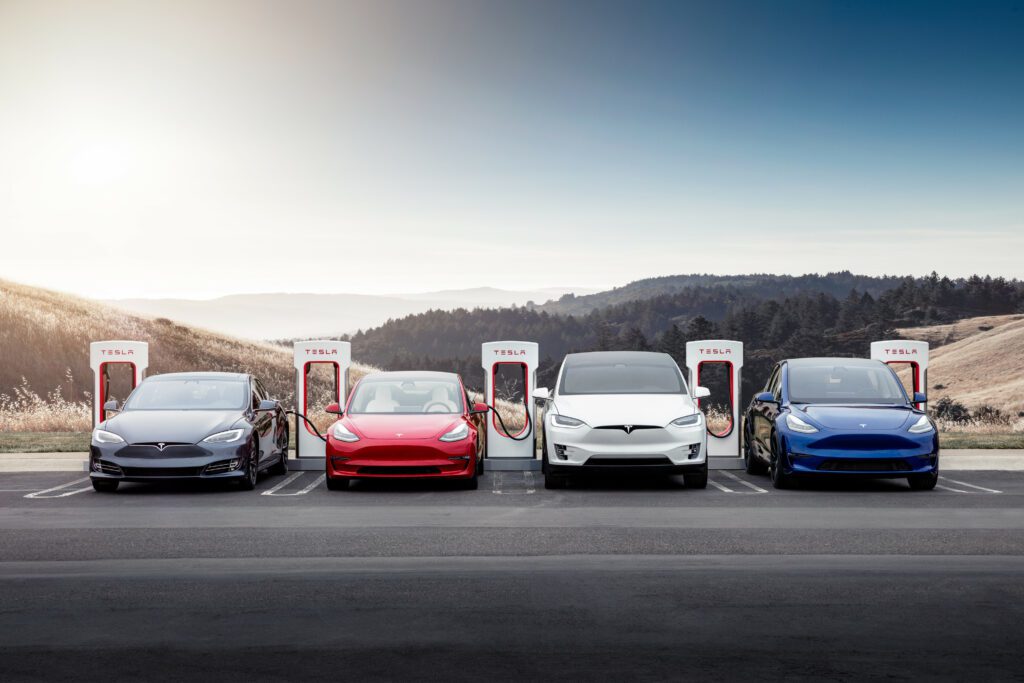
What Is Happening With New EV’s?
With 2035 getting ever closer, the number of new brands coming to the market and models being released by manufacturers has significantly increased over the past 12 months, means there is more choice than ever. Five years ago, just 46 brands sold electric only vehicles, by the end of last year there were 57, with more than half of the new brands being EV only manufacturers.
According to Auto Trader, 26 new EV models were released in 2023 and the number of different models available to buy rose to 93, compared to just 75 for diesel engine cars. The number of new electric vehicles advertised on the platform grew from 12.7% in 2022 to 16.8% in 2023.
The emergence of Chinese manufactured electric vehicles looks set to have a considerable impact on the EV market, with affordability being the key to increasing their market share when compared to their more expensive rivals. Chinese made MG cars already account for 4% of the new car market in the UK, more than Tesla’s 3% share, whilst brands such as BYD, GWM, Nio, Aiways, Xpeng and others have attractive and affordable products that are increasingly impressive EV alternatives.
Brand loyalty in the UK is nowhere near as strong as in other countries meaning buyers are more likely to consider an emerging brand if the product is right. The technology, functionality and performance of many Chinese alternatives, are equal to or better than more expensive European alternatives, meaning they are more likely to tempt buyers out of the more established brands.
What About The Used Car Market?
The reduction in prices for new electric vehicles understandably had a considerable impact on used car prices also. Not only does this mean that a used electric vehicle becomes more tempting than a new vehicle, but it also means that a used electric vehicle becomes a viable option to more potential buyers.
At the beginning of 2023, just 13% of electric vehicles on Auto Trader were sub-£20,000, by the end of the year this had grown to 25%. Not only that but the new prices of electric equivalents that are considerably more expensive than their combustion engine versions, is the opposite for many pre-owned versions. For example, the same Jaguar I-Pace that starts off 33% more expensive than an equivalent F-Pace when purchased new, is actually 7% cheaper for a 3-year old model.
Residual values for electric vehicles when compared to their combustion engine equivalents show that new cars are subject to quite considerably higher depreciation. Auto Trader data for December 2023 show that the average petrol car that cost £50,000 when new, would be expected to lose around £17,000 of its value after 3 years or 30,000 miles. The average electric car of the same price would be expected to lose almost half of its value after the same time period and mileage.
With the number of electric cars being purchased increasing year on year, this means that the supply of used vehicles being on the market is only going to increase, lowering price even further in order to compete against a growing number of available vehicles.
With the ZEV Mandate requiring an increase in the proportion of new electric vehicle sales over the coming years, it will be a challenge for manufacturers and dealers to persuade buyers that a new vehicle is a better prospect than a used vehicle. Lower residual values for new electric cars also could mean higher finance payments for buyers affecting the desirability and affordability of such a purchase, all the more reason why using a broker will ensure you find the right package for you and your circumstances. Incentives and price competitiveness by retailers will be more crucial than ever in order to make a new vehicle a viable option for many consumers.
Work To Be Done?
With ambitious targets set by the government in the ZEV Mandate, manufacturers are going to have to work harder than ever to tempt more buyers into electric only products. Confidence in the industry has taken a blow with the pushing back of the combustion engine ban, and many are still not convinced by the charging network or the potential drawbacks of the EV lifestyle.
Only time will tell whether competitive pricing and attractive offers by dealerships are going to be enough to meet the targets set, or if the government are going to have to do more to incentivise consumers to tempt them out of their combustion engine cars. The introduction of new models as well as the constant improvement in battery and charging technology is a positive sign of manufacturers offering better products that suit our motoring lifestyle that we’ve become accustomed to. The competitiveness in that respect can only be a good thing for the future.
What it does mean though is that the uncertainty and change in the industry is an opportunity to see what is on offer, and what is right for you and not only your budget but your lifestyle too. With more brands and models than ever before, the ability to find a vehicle that suits your needs perfectly is greater than ever, whether it is one you are familiar with or not.
The slump in sales for private EV buyers will potentially be a warning that things are going to have to become a lot more attractive to tempt consumers into a brand-new electric vehicle. In an ever competitive market this can surely only be a good thing that may see everything from cheaper charging incentives, to discounts on new electric vehicles and even the extension or improvement of tax incentives or grants.
The EV market might currently be a bit of a conflicting and confusing place right now, but the opportunity for consumers to make decisions with their buying power is greater than ever.
Oracle Car Finance
At Oracle Finance we have your next car’s funding sorted, no matter how it is powered. Our expert Account Managers use our panel of over 20 specialist lenders to help you to find the perfect package, bespoke to you and your circumstances. Our team are always on hand should you have any questions about arranging car finance and your dedicated Account Manager is ready to take your call today.
With over 2,000 Trustpilot reviews and a overall rating of 5 out of 5, and as four-time consecutive award winners of the Best Specialist Car Finance Provider award from 2020 through to 2023, you too can find out why thousands of people trust us time and time again to find a smarter, tailored funding solution when looking for your next dream car.
Make sure you follow us on Instagram, LinkedIn and Facebook to keep up to date with what’s happening in the market and to see some stunning photos and videos of the amazing cars we fund.
